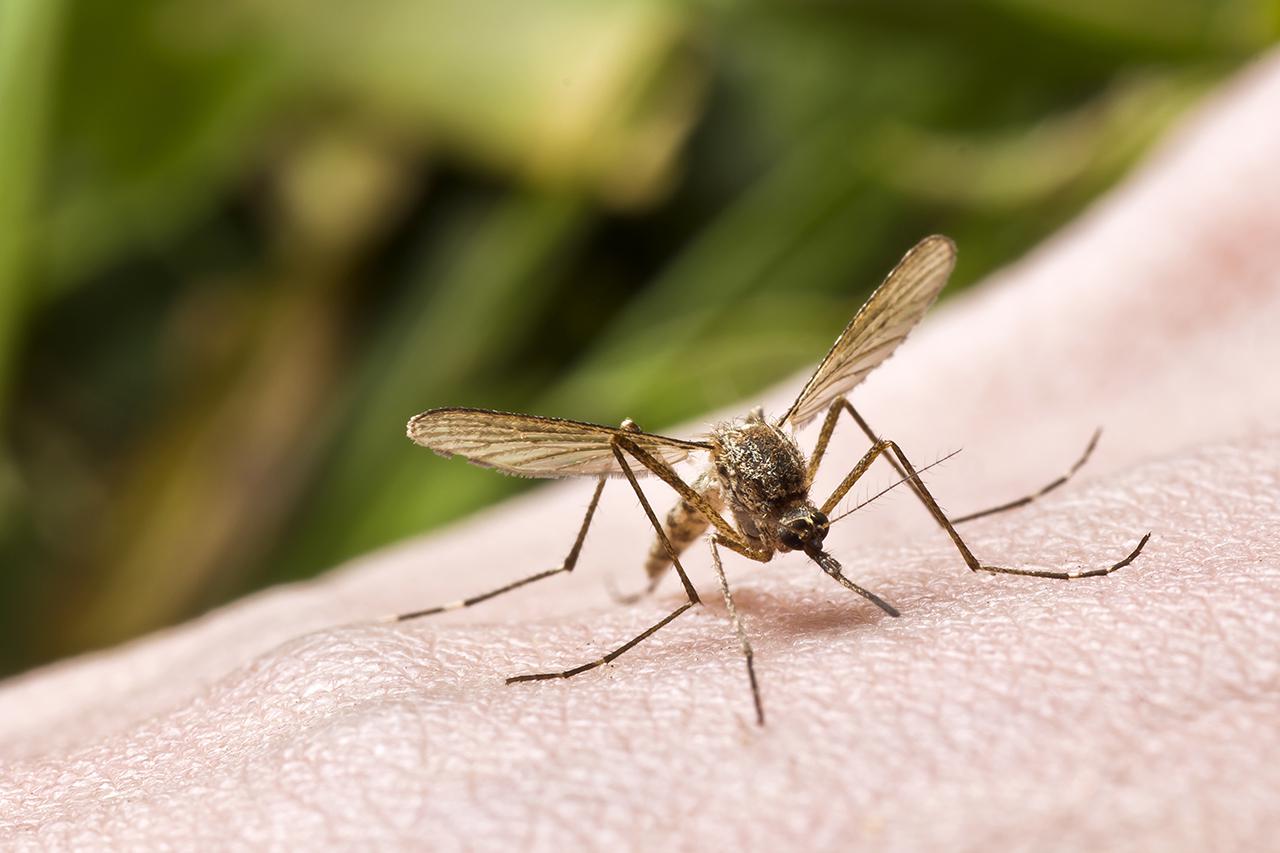Dengue Fever in Vietnam

MEDICAL ALERT: OCTOBER 2018
Dengue Fever In Vietnam
Dengue fever is a disease ranging from mild to severe caused by four related viruses spread by the Aedes mosquito. "Milder"dengue fever causes high fever, rash, severe headache, muscle and joint pain. More severe but much rarer forms of the disease—dengue hemorrhagic fever and dengue shock syndrome—can additionally cause severe bleeding, a sudden drop in blood pressure (shock) and even death (very rare).
TREATMENT
If you have any signs or symptoms of dengue fever, please visit a Family Medical Practice medical center. We have the expertise to diagnose and manage this disease. We can perform specific blood tests to diagnose dengue fever and rule out other diseases that present in a similar fashion—such as malaria, influenza, leptospirosis and typhoid fever.
No specific treatment for dengue fever exists, and most people do recover—but supportive care is essential, so drink plenty of fluids to avoid dehydration from vomiting and high fever. Also take acetaminophen (Tylenol) or paracetamol to alleviate pain and reduce fever. Don't take aspirin or other non-steroidal anti-inflammatory drugs, such as ibuprofen (Advil, Motrin) as these can increase the risk of bleeding complications.
If you do develop a severe form of the disease, you will need hospital care. Hospital treatment will involve supportive care as an in-patient with analgesics, intravenous (IV) fluid and electrolyte replacement, blood pressure monitoring and sometimes transfusion to replace blood loss (very rare).
PREVENTION
- The best way to avoid dengue fever is to avoid being bitten by mosquitoes that carry the disease. No vaccine is available yet to prevent dengue. To reduce your risk of mosquito bites, minimize your exposure to mosquitoes:
- Schedule outdoor activities for times when this kind of mosquito is less prevalent. Avoid being outdoors at dawn, dusk and early evening, when more mosquitoes are about.
- Wear long-sleeved shirts, long pants, socks and shoes.
- Stay in air-conditioned or well-screened housing.
- Check for sources of stagnant water near your house and garden—these are places where the mosquito that transmits dengue/zika/chikungunya fever breed and where the larvae live.
- Use repellent with a 10–30% concentration of DEET on your skin. Choose the concentration based on the hours of protection you need—a 10% concentration of DEET is effective for about two hours; higher concentrations last longer.
- Chemical repellents can be toxic, so use only the amount needed. Don't use DEET on the hands of young children or on infants under 2 months of age. Instead, cover your infant's stroller or playpen with mosquito netting when outside.
 We use cookies on this website to enhance your user experience
We use cookies on this website to enhance your user experience